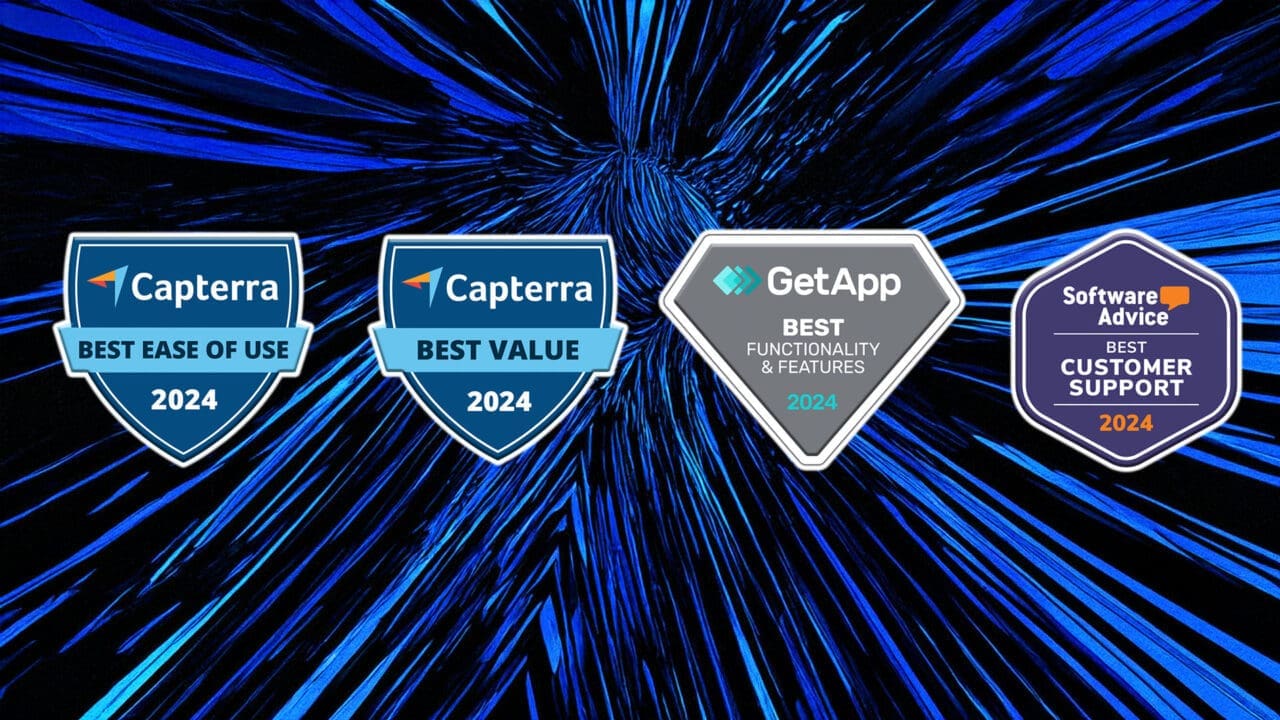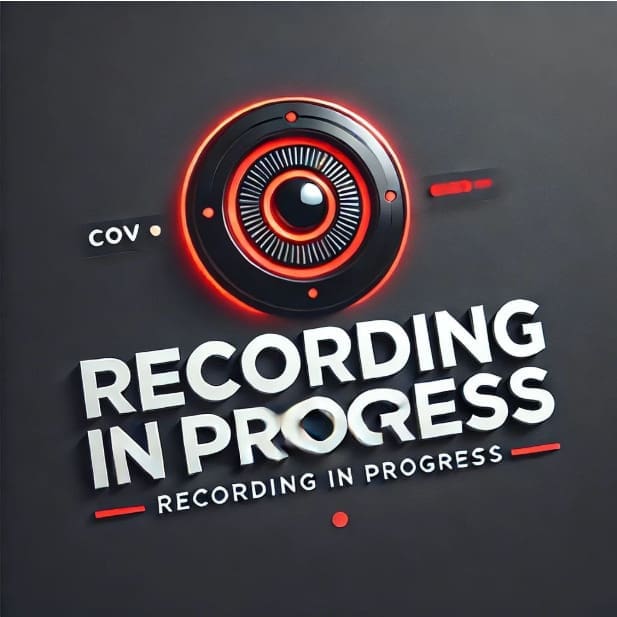Sales Planning – Powerful Possibilities with AI
Consider this scenario: You’re starting your annual sales planning cycle following a year of steady growth. Quotas are up, commission rates are down, and everyone is expecting you to meet higher targets with a steeper climb.
To meet the challenge, sales reps will often:
- Attach a generic-but-acceptable growth percentage on their book of business
- Declare it as the new annual target
- Cite some highly-visible accounts as proof it’s feasible
- Or flood management with detailed sales risk scenarios, withhold commitments
- And attempt to justify a lower goal
As a leader, you’re under pressure to improve the situation but it’s nearly impossible to comb through the details of each account on your own. With everyone on the team hoping to shape the approach to their advantage, annual sales planning time can be complicated, frustrating, and messy.
How can you drive more value into this process? By balancing the time, quality and costs involved in sales planning.
Time
Sales managers need to identify repeatable strategies to improve the win rate, but don’t have the time required to review, analyze and understand all of the factors that contribute to successful deals.
Unfortunately, the important data points are rarely captured in the CRM for easy reporting and analysis. They’re hiding in meeting notes and call transcripts, and captured in disparate applications used by individual sales reps.
Teams need faster, better tools to help centralize and identify the winning details in each sales journey and uncover real, meaningful opportunities as they emerge…accurately.
AI is a promising tool for not only automating the capture of rich sales data but also helping to analyze it so that sales teams can quickly act on the intelligence they uncover.
Quality
Understanding what works in sales and what wins deals is a clear competitive advantage. But typical sales tools like qualification forms and documents do very little to actually provide intelligence about the complex sales process as it evolves over time.
If you ask a sales executive “how did you win that deal?”, they’ll share the few memorable, subjective highlights they can recall (or are willing to share) about their sales strategy and process. They’re not recording these details in the CRM or on the qualification documents, either, so uncovering them requires continual discussion and dialogue between the sales teams and the leaders.
And while this might help those directly involved in the discussion, what about the rest of the team or company who might also benefit from that knowledge?
Sales technologies can help:
- Capture the winning paths consistently
- Offer comprehensive analysis and intelligence about the common elements in successful deals
- And make it easier to share this intelligence at scale so teams can benefit from the collective knowledge
- And use it to improve their own processes
And with the power of AI behind many of today’s leading tools, the quality and accuracy of that data only improves over time, using the complete set of sales data to learn what wins – and losses – have in common so teams can act on that intelligence.
Cost
Cost is always an underlying issue for sales planning. The result of the entire process must be “worth” the true cost, or why bother? In fact, many managers might skip sales planning entirely if they could use that time – and money – for more headcount.
Sales managers want tactical, real-world sales plans based on real-world deals in play vs. lengthy historical assessments or more theoretical analysis. But most sales planning models that exist today don’t provide that, and the time required to create them often means weeks of sunk costs that offer inconsistent and unpredictable value.
Emerging technologies that deliver predictable outcomes and prescriptive sales actions as part of sales planning offer the biggest gains for sales managers. When technology can help capture, analyze and report on the sales actions that have consistently driven successful deals, teams can spend their precious time – and money – creating strategies and sales plans that will actually work.
A New Way Forward
Sales planning doesn’t have to be so painful.
By automating the capture and analysis of historical information, both sales teams and leaders alike can learn what works, what doesn’t, and spend their precious planning resources to map out objective, actionable plans rooted in strong past performance.
In a world where sales is more fast-paced, competitive and demanding than ever, intelligent technologies can provide an edge that can equip and empower every team, in every company.
At Traq, we’re infusing artificial intelligence into the sales planning process to create powerful new opportunities. So, if you’re looking at your sales planning efforts with some skepticism or resistance and want a new approach, join the crowd and give TRAQ a try.
Keep Learning

Empowering Field Reps with Recording Technology: Driving Efficiency in the Mobile Office

Kicking off 2025: TRAQ Wraps Up 2024 With Prestigious Recognitions from Gartner Digital Markets in 2024

